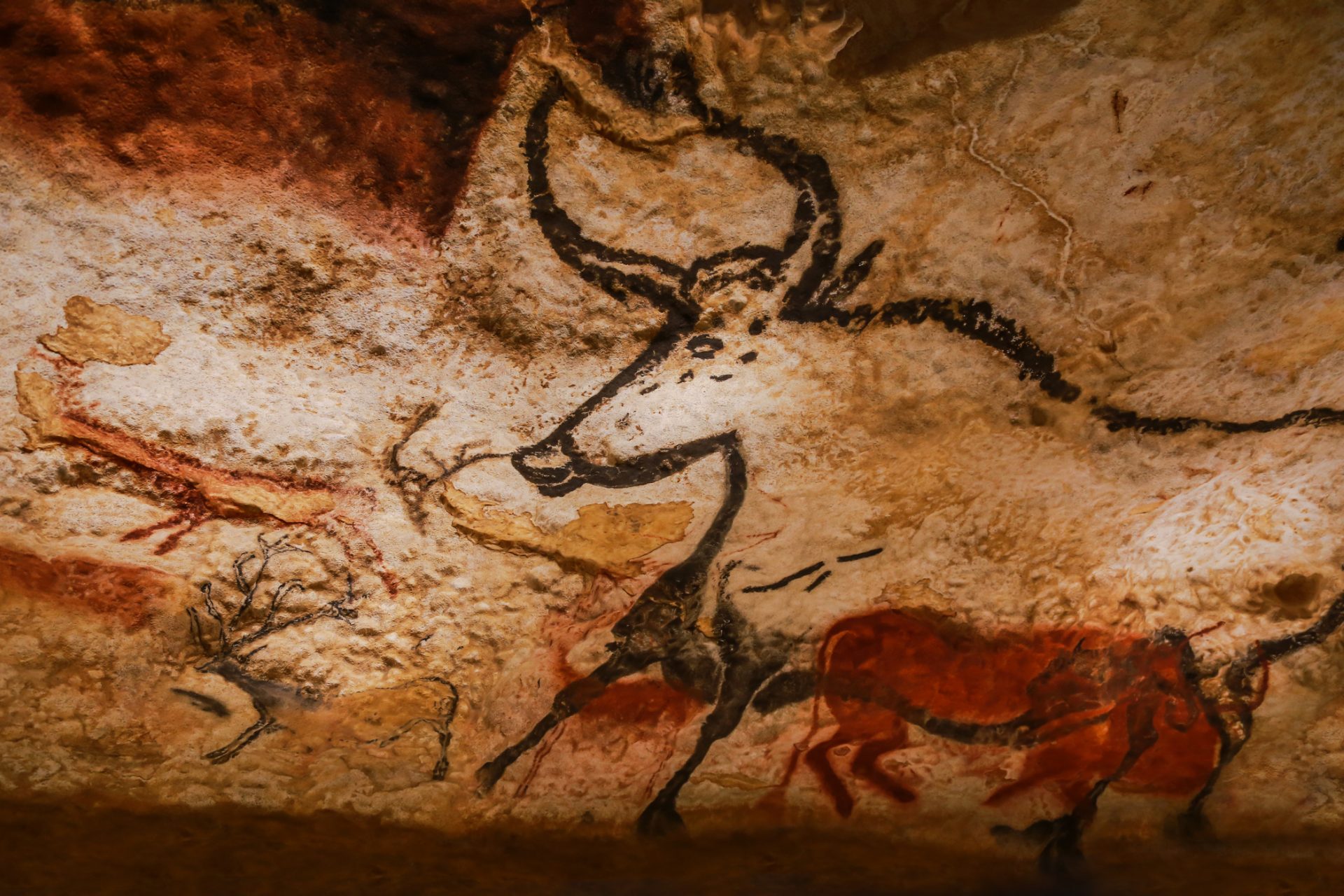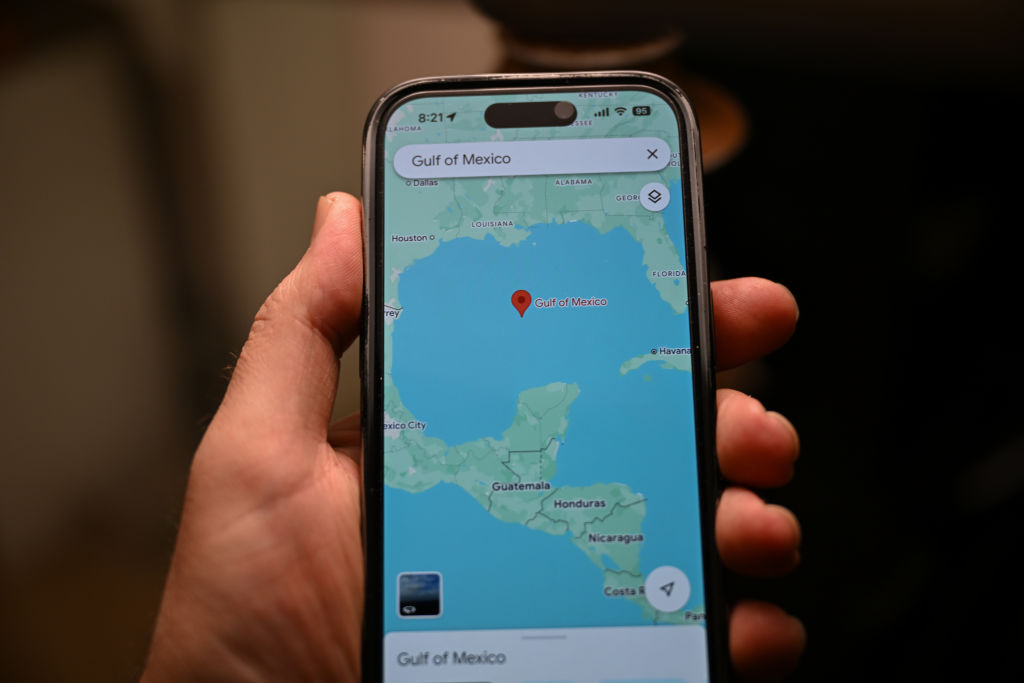The shark who ate a man on camera will soon on display in a museum in Egypt
According to local media reports, the tiger shark responsible for devouring a man at a tourist resort in Egypt is undergoing the process of mummification in preparation for its display at a museum.
The tragic but rare event took place on June 8, on a beach in an Egyptian seaside resort, in Hurghada. While swimming quietly in the waters of the Red Sea, a few meters from the shore, a 23-year-old young man was attacked by the shark.
A video, that circulated on social media, showed shocking images of the attack. While several swimmers are cooling off in the Red Sea, one can suddenly see a tiger shark circling around its victim.
The young man then tries desperately to reach the shore, screaming "Papa, save me!", according to several testimonies. On the beach, vacationers are horrified and shout at him to swim.
That's when the tiger shark launches its attack. The young Russian suddenly disappears under the surface of the water, which begins to turn red.
On the video, we then see the victim reappear one last time, begging for help, before disappearing again under the surface of the water.
Another woman, identified by Russian media as Popov’s girlfriend, was also in the water during the shark attack, but she managed to escape unscathed.
Of Russian nationality, Vladimir Popov was 23 years old, and had been living with his family in Egypt for several months. "The victim was not a tourist, but a permanent resident of Egypt," Russian Consul General Viktor Voropayev told state news agency Tass.
Yury Popov, the father of the victim, testified to Russian media: "We went to the beach to relax. My son was attacked by a shark, everything happened in a few seconds", he explained. "What could I do? This meat grinder came in 20 seconds, and my son was just dragged underwater."
Photo: Gerald Schömbs / Unsplash
"It's an absolutely ridiculous coincidence, because it's a safe beach. There are boats and yachts around. It's never happened there. Sharks usually attack in wild beaches. It's just some evil fate," lamented Yury Popov.
While sharks are not uncommon in the Red Sea, they very rarely attack swimmers in coastal regions. In fact, according to the International Shark Attack File, a database of shark attacks, the risk of being attacked is very low (one in 4 million chance of dying in a shark-related incident).
However, in July 2022, two tourists, a Romanian and an Austrian, were also killed by a shark near Hurghada.
After the attack, the tiger shark was captured and pulled ashore by a boat. A devastated Yury Popov then beat the three-meter-long sea animal to death.
According to Egyptian media outlet Al Arabiya, scientists who later dissected the shark found remains of Vladimir Popov in the animal's intestines.
Local outlet Al Arabiya reported that Popov's head and hand were among the body parts recovered from the attack and that the father intended to cremate those remains before bringing them back to Russia.
The Al Arabiya media also explains that after dissection, the Egyptian National Institute of Marine Sciences revealed that it was a female shark and that only the human remains of the young Russian were found inside.
An investigation is underway to determine why the shark attacked the young man. Indeed, according to the director of the National Institute of Oceanography and Fisheries, Amr Zakaria Hammuda, "sharks do not feed on human flesh."
Photo: Zander Janzen van Rensburg / Unsplash
He added that this change in behavior could be "accidental". It is likely that the remains of spoiled meat, thrown into the sea by restaurateurs, attracted the shark.
Egypt's Environment Ministry said that “in light of abnormal shark behavior” causing that incident and previous ones, the fishing team was examining the shark.
Local newspaper Shorouk revealed that the shark had been handed over to researchers from the Institute of Marine Sciences to be mummified.
"The mummified shark will be exhibited at the museum of the Scientific Institute," said Ahmed Wahballah, director of the Institute of Marine Sciences.
More for you
Top Stories


































